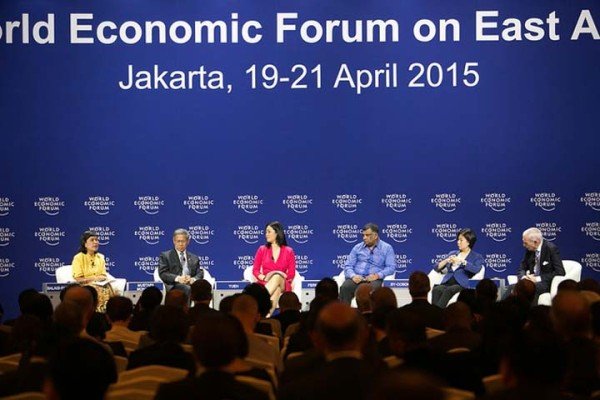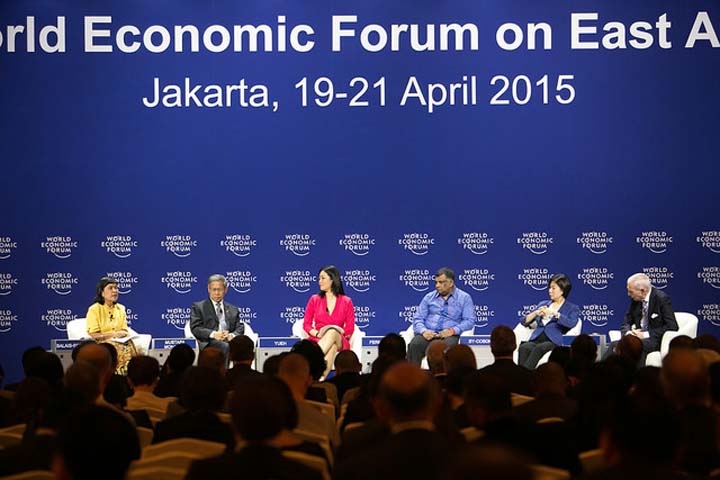Oil prices will rise further, say industry leaders at the World Economic Forum on East Asia in Indonesia.
Industry leaders at the meeting in Jakarta said the long-term view was that demand for oil is growing.
Oil prices are around their highest levels for 2015.
The price of Brent crude was at $63 a barrel on April 21, up 40% from its January low of $45 a barrel and near its high for the year of $65.
Oil prices more than halved in the second half of last year, as falling demand and high levels of output caused a glut in supply.
Melody Boone Meyer, president of Asia-Pacific exploration and production at US energy giant Chevron, said that dramatic falls were not an uncommon feature of the oil market.
“The price of oil in the last 30 years has fallen five times by 50%,” Melody Boone Meyer said at the forum.
“There’s a surplus of supply right now, and inevitably the decline will occur.”
It was important to continue with projects that were in development, Melody Boone Meyer added, emphasising that Chevron had a lot of projects that are well supported at these price levels.
Shahril Shamsuddin, group chief executive at Malaysia’s SapuraKencana Petroleum, backed that view: “The light at the end of the tunnel is that, in the long term, demand is growing and over the next two to three years we will see prices come to an optimum level.”
Handry Satriago, the CEO of GE Indonesia, said that a lot of its customers in the country were delaying projects because of the slump in prices.
“Since last year we experienced some delay, but last year was because of the political situation of the country,” he said.
“We were having the election, and a new government, but now that delay has became more delayed due to the current situation.”
The company has been trying to work with partners to “keep projects warm” and not to cancel them.
“We show our commitment to them [oil partners], that we are here and we continue to support and work together,” Handry Satriago said.
“We also lobby to the government to make sure that the project can continue.”
With Asia expected to become a net importer of oil in the next decade as consumption booms, government officials said it was necessary to secure energy supplies, even with falling prices.
Indonesia, the world’s fourth most populous country, lost its position as South East Asia’s sole nation in the Organization of Petroleum Exporting Countries (OPEC) in 2008 after it became a net oil importer.
